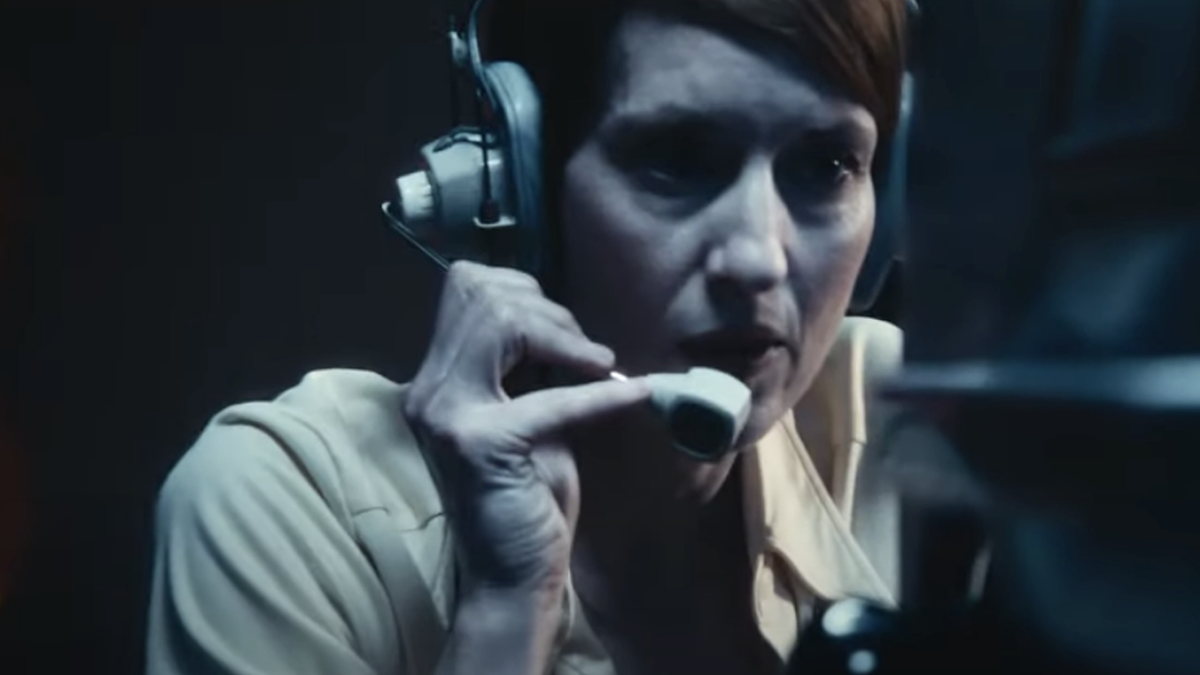I am an enormous fan of journalism movies. We don’t get as many as I think we should. Perhaps the idea of journalism as “entertainment” isn’t en vogue, but I personally think it’s tense, dramatic, and satisfying when reporters chip away at the central truths of a complicated story… especially when they don’t like what they find. In the years that they came out, Spotlight and The Post – two recent examples of spectacular journalism movies – earned the top slot on my Year End list. This year already, there are two that are in contention, who likely will take that spot, between Civil War and the gripping, important September 5.
September 5 currently is flying under the radar of most audiences, but I think the buzz on it will only increase as word of mouth spreads. Directed by Tim Fehlbaum, September 5 takes place during the Olympic Games of 1972, held in Munich at a time when the world still felt uncomfortable embracing Germany in a post-World War II society. During the Games, eight members of the Palestinian terrorist group Black September overtook the athlete compound and held several Olympians hostage. Steven Spielberg took a macro approach to this story in his harrowing drama Munich. But Fehlbaum and his cast look at the events through a far more granular lens, and it’s what helps this movie – which I screened at the SCAD Savannah FIlm Festival – stand apart.
The main characters in September 5 are journalists, specifically, a team of ABC broadcasters beginning their shift in the control room in Germany. They’re ready to cover the sporting events of the Olympic Games. But when the hostage crisis emerges, these reporters must start establishing the rules for news coverage on live television (in 1972), debating what they are able to show, what’s even possible to capture given the limitations of technology, and how quickly news should be reported to the global audience.
These are still massive conversations that we have, as a global community, in 2024. But back during this event, the ABC team – led by Roone Arledge (Peter Sarsgaard) – had to lead the charge through completely uncharted territory. September 5 feels like it’s being told in real time. The film runs a taut 91 minutes, meaning we feel like we have about as much time to process the new information that is coming into the news room as the men and women receiving each urgent update. There are countless obstacles to them reporting the facts, from having a limited amount of time to the global satellite that all networks shared at the time, to there being a clear language barrier between these American journalists, the German authorities trying to control the situation, and the athletes who have traveled to Europe from all around the world.

But the dramatic tension of September 5 comes down to a few small decisions that go on to have major implications in how news is processed… still to this day.
Earlier this year, I came out of Alex Garland’s Civil War just gobsmacked by the enormity of what he staged for the purpose of his “futuristic” story. Garland combined Call of Duty and our daily headlines to predict a dark outcome for our nation, then followed the journalists who’d have boots on the ground, covering the outcome. I found it to be brilliant.
But while I’m not trying to compare the two movies, I think I’d give September 5 the slight edge because it covers news that actually happened, seamlessly using archival footage of ABC News’ Jim McKay to thread its drama as the horror unfolds. It’s history in the making, and it’s one of the best movies you will see on screen this year.

